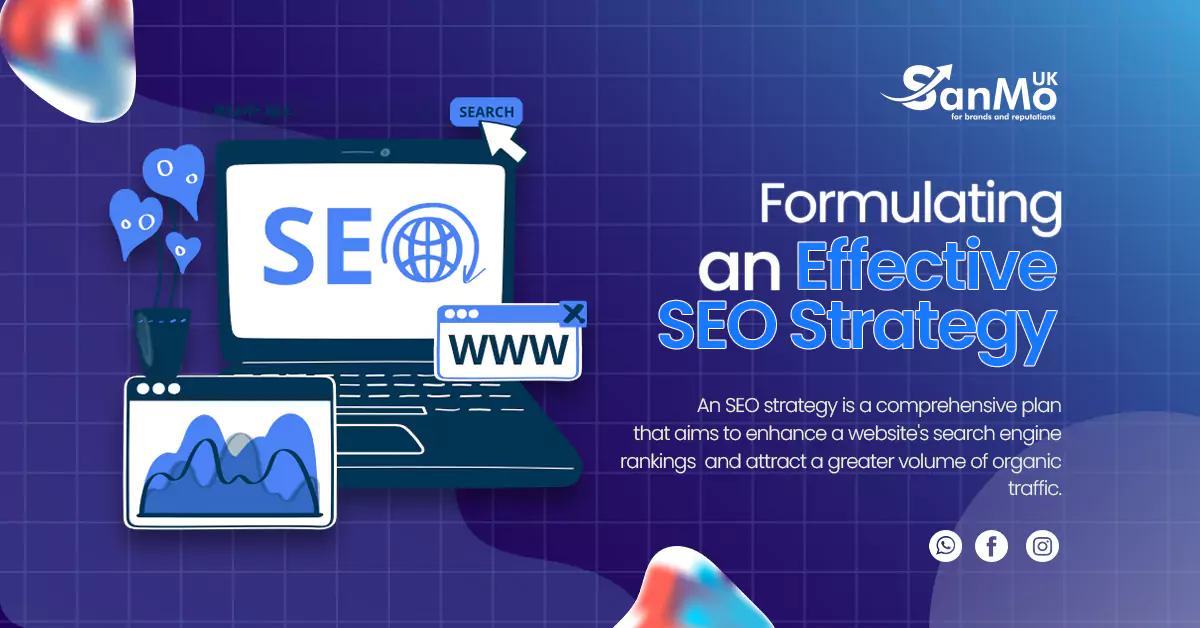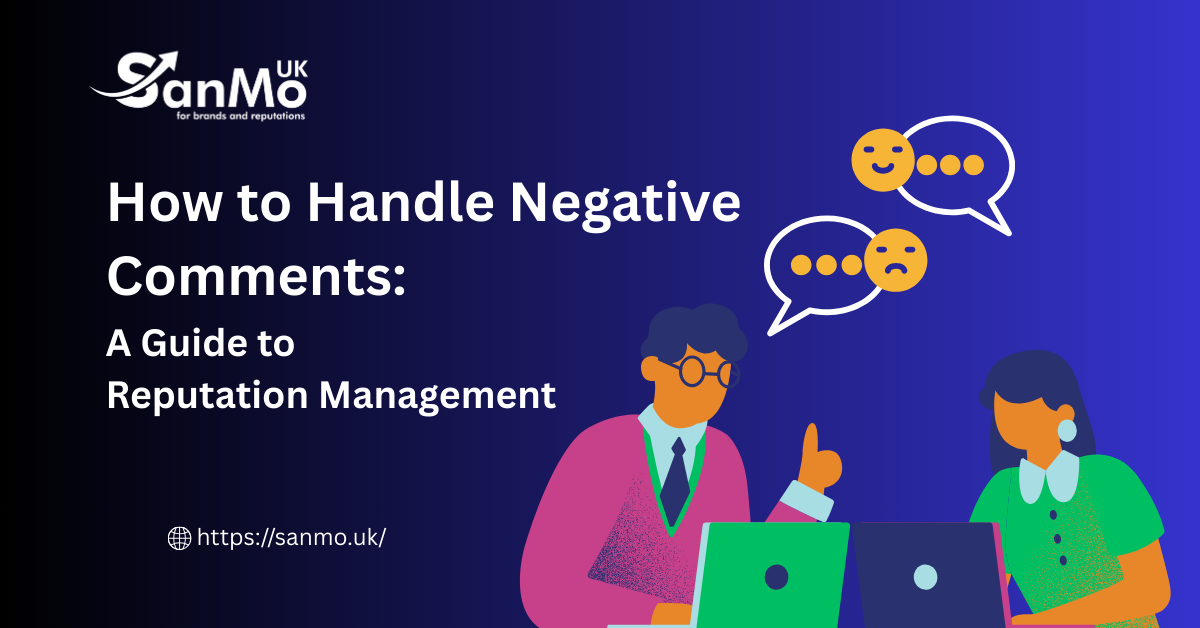Any company looking to increase its online presence in the modern digital landscape must have a solid SEO plan. An efficient SEO plan not only raises your website’s search engine ranks but also brings in natural visitors. Here is a thorough guide to creating an effective SEO plan.
Understanding the SEO Approach
An SEO strategy is a comprehensive plan created to raise a website’s search engine ranks and attract more organic traffic. Enhancing your website’s exposure to search engines like Google entails a variety of strategies and actions. A well-thought-out SEO strategy may significantly impact your company’s success and your website’s visibility.
Key Elements of an SEO Strategy
- Keyword Research: The foundation of every SEO plan is thorough keyword research. It’s critical to determine the search terms used by your target audience. You may find high-traffic keywords that are relevant to your business with the help of Ahrefs and Google Keyword Planner.
- On-Page SEO: This means improving each page of your website to raise its rating and draw in more relevant visitors. Important elements include headers, meta descriptions, title tags, and content optimization using your target keywords. Please keep in mind that a successful SEO strategy ensures that your content is both user-friendly and search-engine-friendly.
- Content Generation: Any SEO plan must start with producing relevant, high-quality content. You may raise your search engine rankings by creating content that answers the questions of your audience and provides value. Regularly adding fresh material to your blog is essential as part of your SEO strategy.
- Technical SEO: Optimizing your website’s technical features, such as XML sitemaps, site speed, and mobile friendliness, is part of this SEO approach. Ensuring the technical accuracy of your website allows search engines to more effectively crawl and index it.
- Link Building: Creating quality backlinks from reliable websites is a crucial component of any SEO strategy. Search engines are informed that your material is useful and trustworthy via backlinks, which act as votes of confidence from other websites.
- Local SEO: Optimizing your SEO approach for local search is essential if you own a local business. This includes getting feedback from pleased clients, claiming your Google My Business listing, and optimizing for local keywords.
- Analytics and Reporting: It’s critical to track the effectiveness of your SEO strategy in order to determine what works and what needs to be improved. Tools like Google Analytics and Search Console may provide insightful data on the functionality and traffic of your website.
Implementing Your SEO Strategy
Setting clear goals is essential to carrying out your SEO plan successfully. Your efforts will be guided by specific objectives, such as raising conversions, search engine rankings, or organic traffic. After that, create a thorough action plan outlining the measures required to achieve these goals. Make regular adjustments to your SEO approach based on performance data. For SEO to be successful over the long term, which is a constant process, it is essential to be up to date on the latest trends and algorithm changes.
Increasing the visibility of your website and bringing in organic visitors need the implementation of a thorough SEO plan. Prioritizing keyword research, on-page SEO, content production, technical SEO, link building, local SEO, and analytics may help create a thorough SEO plan that produces results.







